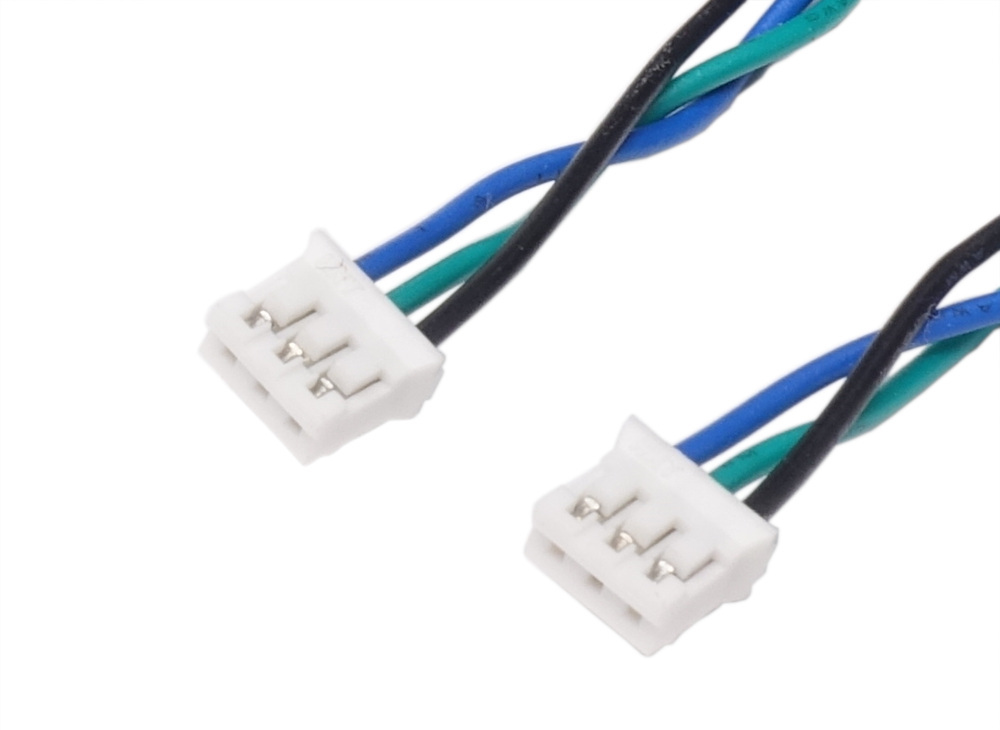New Project: Juggling Robot
I’ve been looking for a new motor control project to tackle that is both interesting, and a bit more unique than another Ascento clone. Looking around, I was surprised at the current paucity of robots capable of more advanced juggling feats. There are quite a few that can manage 3 balls, and nearly none I’ve found that can manage more, with the exception of Nathan Peterson’s inclined ball roller. I figure that I have access to lots of factory second moteus controllers, which are capable of quite demanding control applications, so I should be able to put something together.

